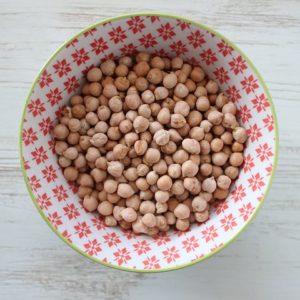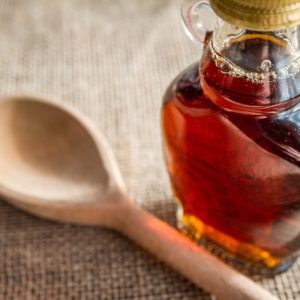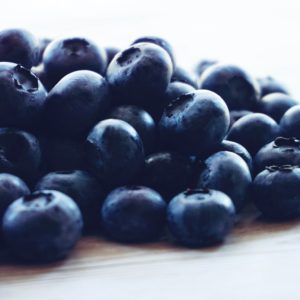Hemp
Since 1998, Canada has been growing industrial hemp to produce healthy food and environmentally friendly products, including textiles, clothing, cosmetics, soap, beer, industrial fibre, building materials and paper without using dangerous chemicals.
Today Canada’s hemp sector is growing to provide secure supplies of hemp seed and fibre raw materials for domestic and international markets, as well as many processed and conditioned value–added products. Canada’s federal hemp regulations help to create quality, safety and accountability. A supportive scientific research community ensures that essential and necessary research continues. Hemp is a renewable, reusable and recyclable resource.
Canadaʼs hemp industry is pioneering the development of hemp-based foods and is a world leader in the production and processing of industrial hemp for the food market. Food products derived from hemp seed include flour, nutritional bars, pasta, cookies, lactose-free milk and even ice cream. For health-conscious consumers, hemp seeds are second only to soybeans in furnishing complete proteins. In addition, the seeds can be crushed to provide a nutritious oil that contains both omega-3 and omega-6 essential fatty acids (EFAs). Hempseed oil’s emollient properties also make it an ideal ingredient for producing both leave-on and rinse-off body care products such as lotions and creams
Industrial hemp thrives in damp earth, but dislikes standing water. This makes it an excellent crop for the clean soils of Canadaʼs prairies, so most of our hemp is grown in Manitoba, Saskatchewan and Alberta. It’s environmentally-friendly because it doesn’t need herbicides; in fact, most of Canadaʼs hemp is certified organic, and GMO free.
Hemp is Federally Regulated, and since March 1998, Health Canada has allowed commercial production of the crop under a licensing system.



